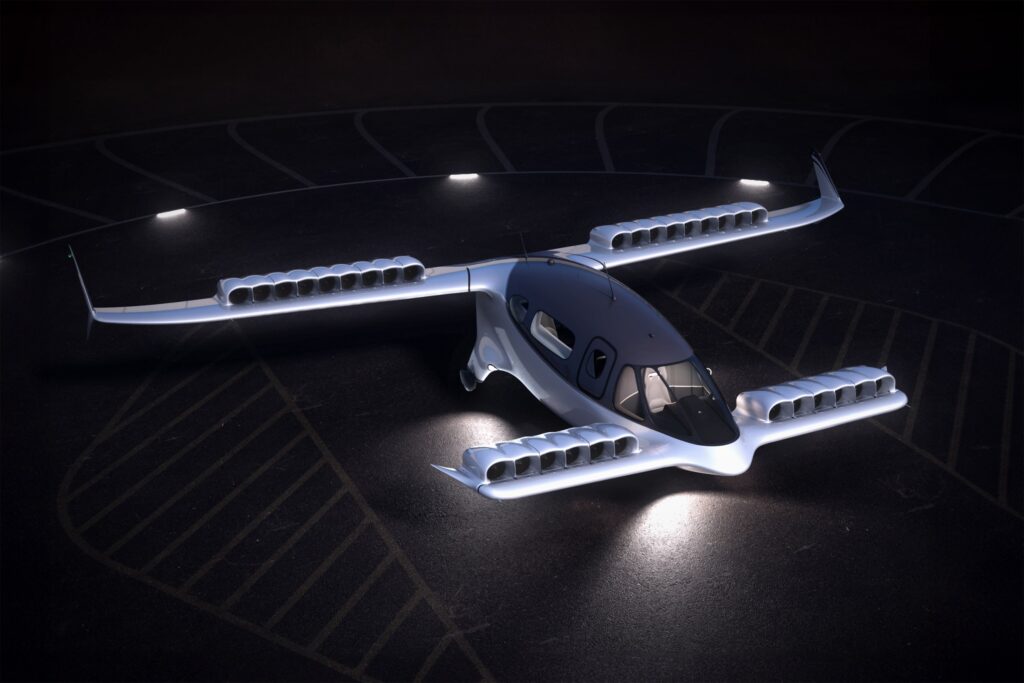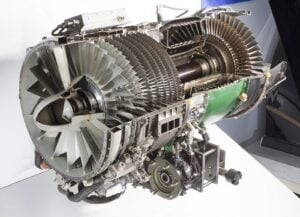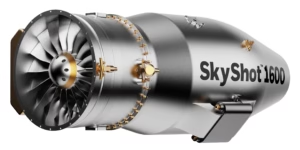Friday February 27, 2026
GE Aerospace has been awarded a contract by the US Defense Logistics Agency aimed at enhancing the readiness of the J85 engine, which powers the US Air Force’s primary trainer aircraft, the T-38. Under the agreement, GE Aerospace will deliver fleet managemen...
Read More »Friday February 27, 2026
Aviation Capital Group LLC (ACG), a global full-service aircraft asset manager, has announced the delivery of two Boeing 737 MAX 8 aircraft to Canadian carrier WestJet. The deliveries complete a two-aircraft sale-and-leaseback transaction between ACG and WestJ...
Read More »Friday February 27, 2026
All Nippon Airways (ANA), Japan’s largest airline, has announced changes to its board leadership with the appointment of Juichi Hirasawa, currently Representative Director and Senior Executive Vice President, as President and Chief Executive Officer (CEO). H...
Read More »Friday February 27, 2026
Rolls-Royce has reported another year of robust strategic and financial progress in 2025, with marked improvement across all key financial indicators. Over the past three years, its transformation programme has delivered a step-change in performance, generatin...
Read More »Friday February 27, 2026
AAR CORP. has entered into a new agreement with Otto Instrument Service to distribute and support the LASEREF IV inertial reference system product line. The partnership underlines AAR’s strategic objective to expand its OEM distribution portfolio within the ...
Read More »Friday February 27, 2026
With “IATA Turbulence Aware”, Lufthansa will collect anonymised turbulence data from flights operated by participating airlines. This real-time information provides pilots with precise insights into current atmospheric conditions. Through its involvement i...
Read More »Thursday February 26, 2026
Dubai Aerospace Enterprise (DAE) has entered into a definitive agreement to acquire 100% of Macquarie AirFinance (MAF) for an approximate enterprise value of US$7 billion. The combined group will have a pro forma fleet of 1,029 owned, managed and committed air...
Read More »Thursday February 26, 2026
The U.S. Air Force (USAS) has awarded Honeywell a prototype contract to design a propulsion system for an autonomous aircraft, based on its new small thrust-class engine, the SkyShot 1600. The SkyShot 1600 is intended for use in collaborative combat aircraft. ...
Read More »Thursday February 26, 2026
Embraer has revealed the next‑generation Praetor 600E and Praetor 500E, marking the first evolution of the Praetor family. The new aircraft feature fully redesigned cabins that elevate the private flying experience, optimising the longer-range missions they ...
Read More »Thursday February 26, 2026
Astronics Corporation reported financial results for the fourth quarter (Q4) of 2025, with sales growth driven by sustained demand within its Aerospace segment, primarily from the Commercial Transport market. Aerospace sales increased by US$31.0 million, or 16...
Read More »Thursday February 26, 2026
IAG Cargo, the freight division of International Airlines Group (IAG), has introduced a dedicated aircraft-on-ground (AOG) service to ensure the urgent transport of aircraft parts for the aviation industry. The launch addresses growing demand for specialist AO...
Read More »Thursday February 26, 2026
8tree, a global leader in 3-D surface inspection technology, has announced the continued adoption and expansion of its dentCHECK tooling within British Airways’ maintenance operations. A long-standing user of dentCHECK since 2017, British Airways deploys the...
Read More »Wednesday February 25, 2026
321 Precision Conversions, a provider of Airbus A321-200PCF freighter conversions, has announced that Erickson Group (Erickson), a global and diversified aviation and aerospace business, has acquired full ownership of the company through its wholly owned subsi...
Read More »Wednesday February 25, 2026
RTX’s Collins Aerospace has disclosed the investment of more than US$40 million to support two operational expansions and to modernise infrastructure, machinery and equipment at its facilities in Santa Isabel and Aguadilla, Puerto Rico, announced by Gove...
Read More »Wednesday February 25, 2026
Spirit Aviation Holdings (Spirit) has reached a pivotal stage in its restructuring, announcing an agreement in principle with its existing debtor-in-possession lenders and secured noteholders on the core terms of a restructuring support agreement. The accord r...
Read More »Wednesday February 25, 2026
StandardAero, an independent provider of aerospace engine aftermarket services, including engine maintenance, repair and overhaul (MRO) and component repair, has announced the induction of its first two Gulfstream aircraft service events at its recently expand...
Read More »Wednesday February 25, 2026
Rapita Systems, a provider of qualifiable software verification tools for the aerospace and defence sectors, and Avionyx, an aerospace engineering company owned by Joby Aviation and specialising in next-generation compliance solutions, have announced a strateg...
Read More »Wednesday February 25, 2026
Duncan Aviation has confirmed the promotion of Scott Stoki to Vice President of Engine Operations. A highly experienced professional with a strong technical foundation and many years at the company, Stoki’s elevation reflects Duncan Aviation’s ongoing focu...
Read More »Tuesday February 24, 2026
J&C Aero (J&C), a European cabin interior hub, has announced the sale of a majority stake in the business to Setna iO (SETNA), a Chicago-based global aviation group specialising in used serviceable material, trading, repair services and asset leasing. ...
Read More »Tuesday February 24, 2026
Azul S.A. has formally concluded its voluntary financial restructuring process and exited Chapter 11 proceedings before the U.S. Bankruptcy Court for the Southern District of New York, following full repayment of its debtor-in-possession (DIP) financing and th...
Read More »































